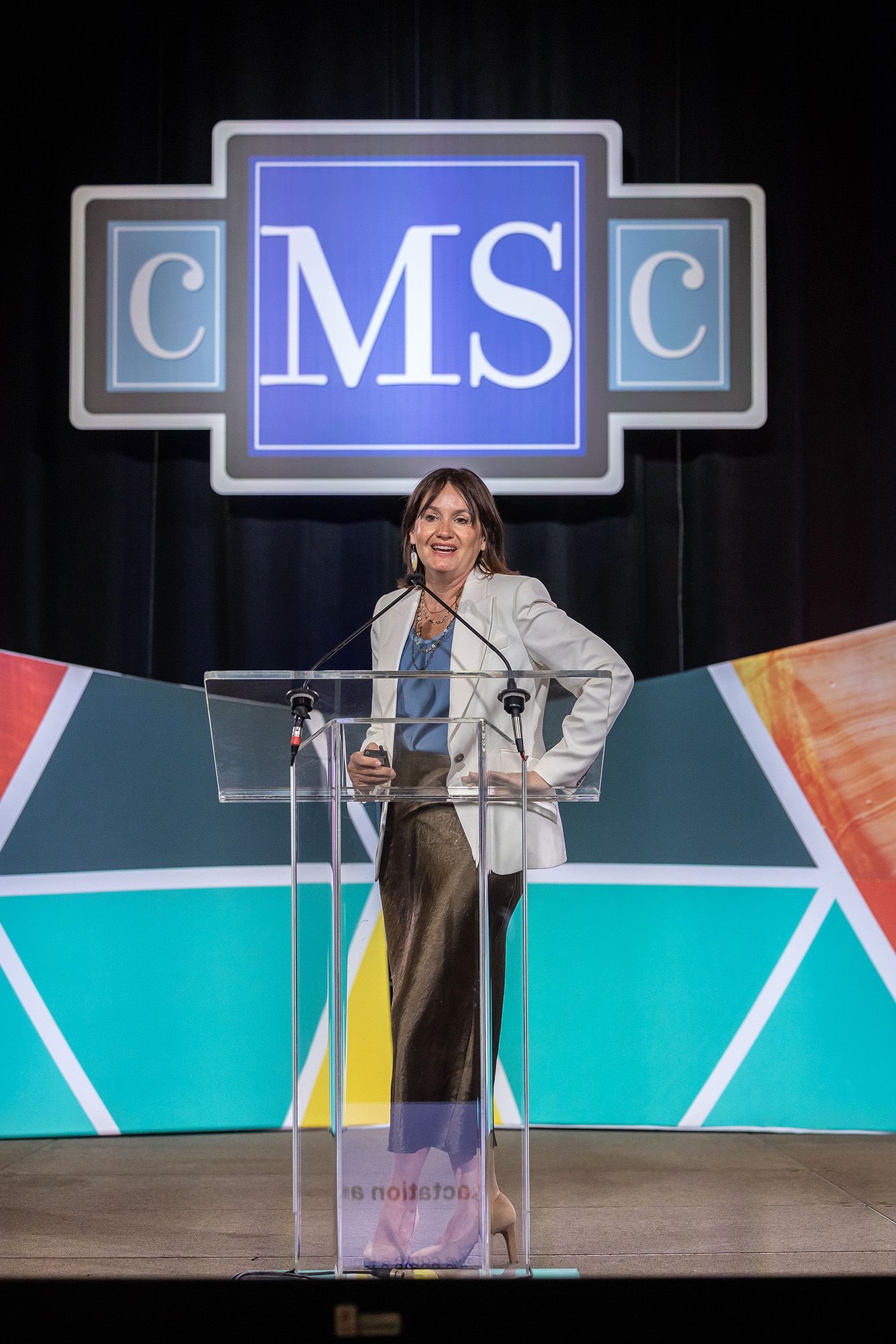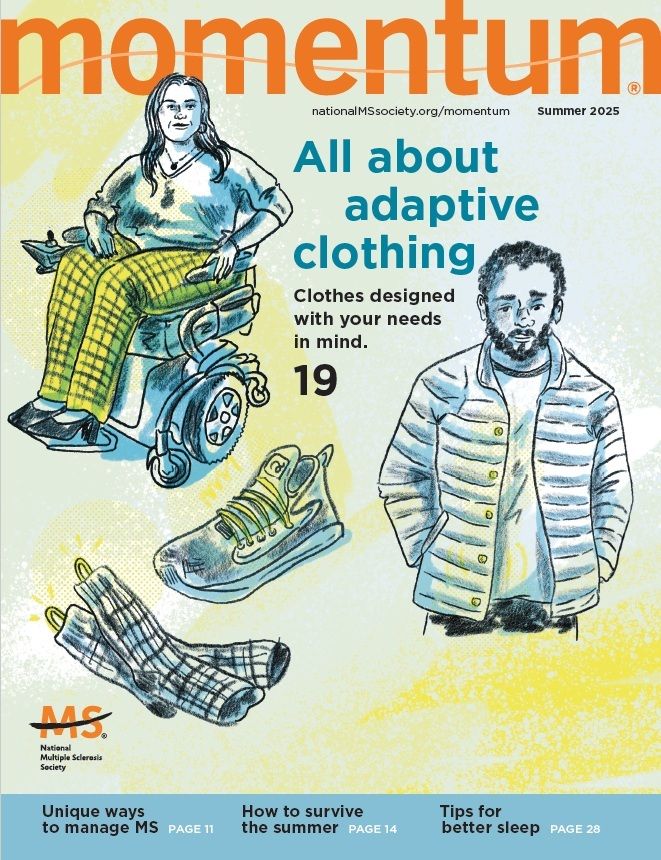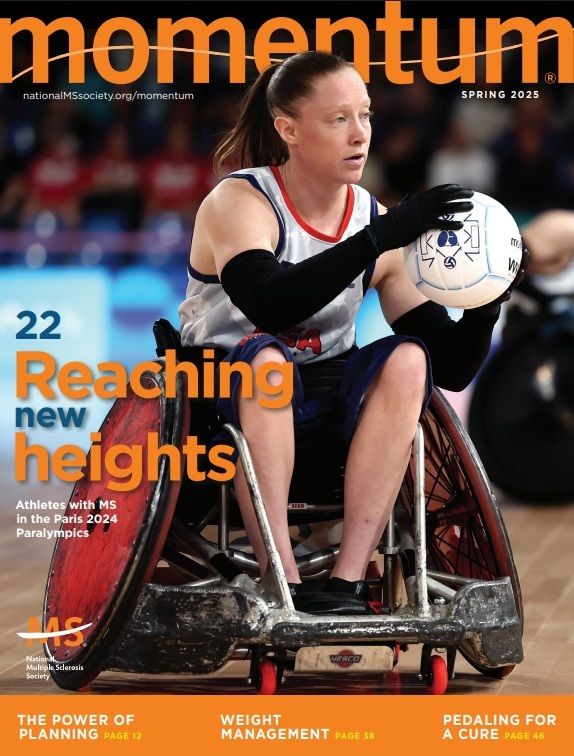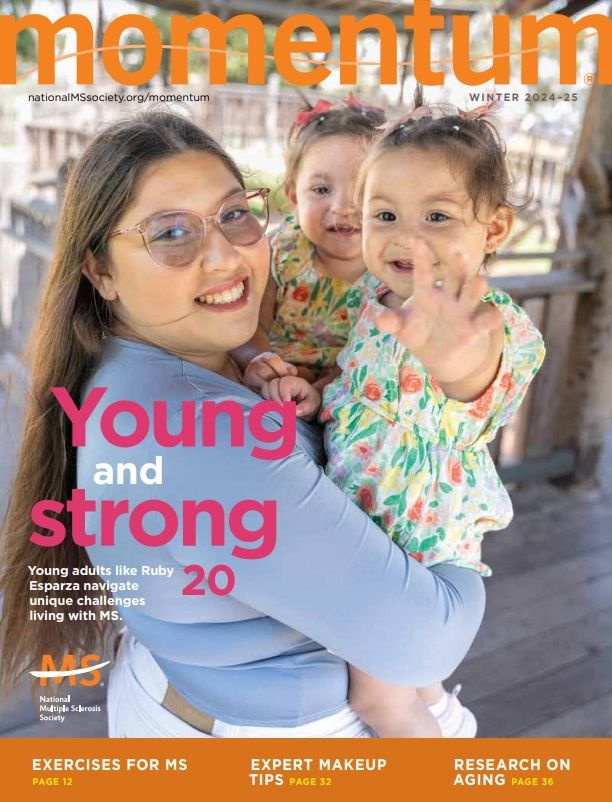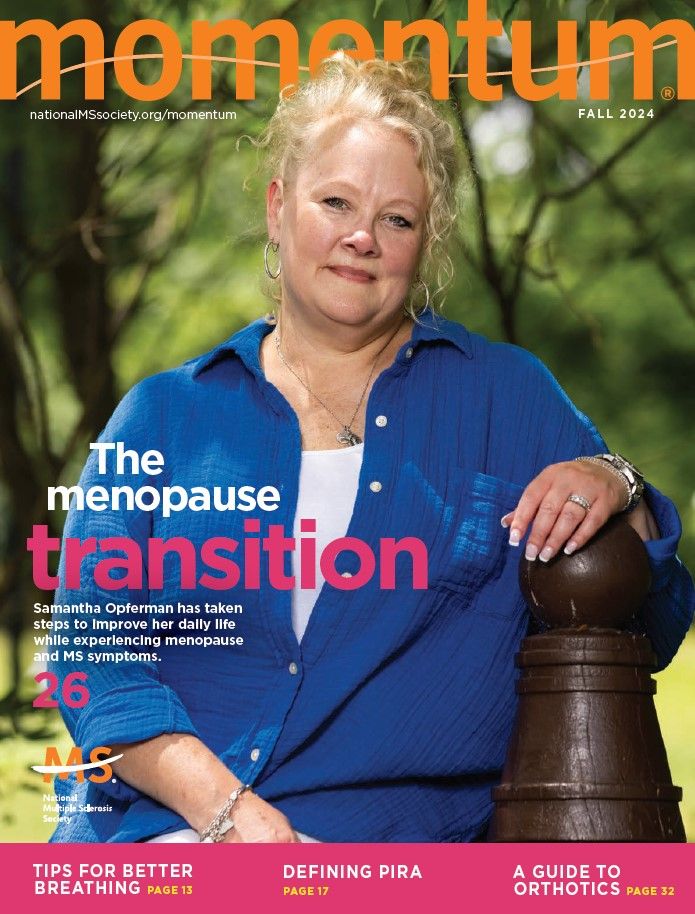Seeking Solutions for People with MS: Healthcare Professionals Gather for the CMSC Annual Meeting
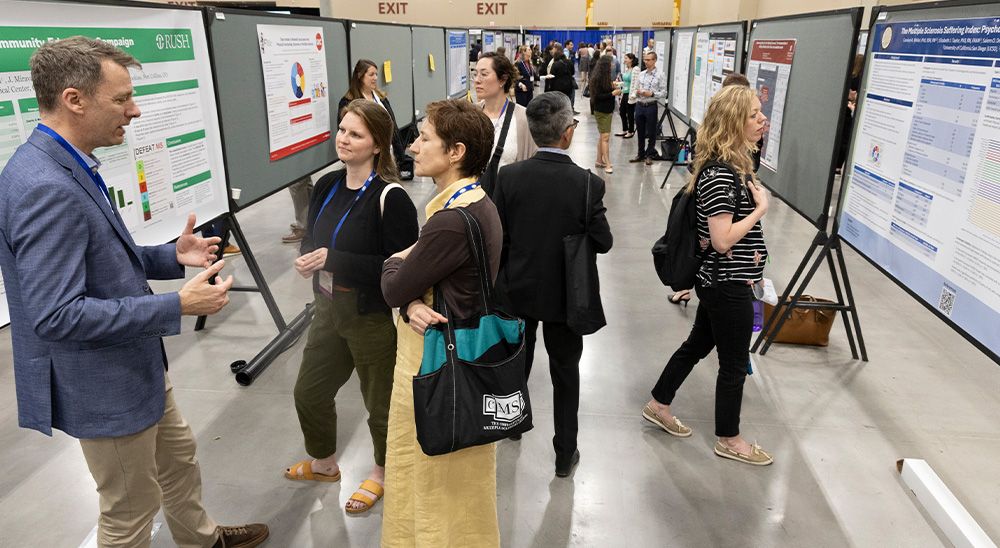
Each year, the Consortium of MS Centers (CMSC) gathers together providers who care for people with MS. This annual meeting is known for a focus on finding solutions that make life better for people living with this disease. In May 2025, nearly 1,800 healthcare professionals gathered in Phoenix, Arizona, for the 39th Annual Meeting of the CMSC.Below are highlights from this event. Some are research study results. Generally, results presented at conferences are considered preliminary until they are published in peer-reviewed journals. Browse the meeting’s abstracts. If an abstract is available, a link is included below.Listen to meeting highlights with RealTalkMSDelving into MS Depression: Dr. Anthony Feinstein (University of Toronto) discussed the nature of MS-related depression during the Donald Paty Lecture, which honors the late world leader in MS research and clinical care. “Immune mechanisms likely contribute to depression in people with MS,” said Dr. Feinstein. Research shows that people with MS and depression have altered T cell responses, as well as imaging differences such as increased lesions and decreased connectivity between brain regions. “The treatment of choice for people with MS is cognitive behavioral therapy,” he said. A review of 56 studies showed that psychosocial interventions were associated with enhanced immune function that lasted six months after treatment ended. Studies of online versions of talk therapy have shown exceedingly good results, he noted, but remain expensive and not accessible for many people with MS.Watch Dr. Feinstein discuss this lecture further on Neurology Live.Planning for the Effects of MS on Women: Dr. Riley Bove (University of California, San Francisco) discussed women’s health during the John Whitaker Lecture, honoring a leading figure in MS and neuroimmunology. Dr. Bove emphasized that “We can’t be surprised,” by the effects of MS on pregnancy, lactation and menopause, given that MS primarily affects women. People with MS and healthcare providers need to prepare for these effects: “Proactive management is better than reactive management.” Planning is especially important when making treatment decisions during family planning and pregnancy. “We have a massive gap between the science and people with MS and we need to close that gap,” she said. Dr. Bove’s team reported recent efforts to provide women with the information they need to make such decisions: Two studies showed that exposure to ocrelizumab during pregnancy and breastfeeding did not confer increased risks for infants (Abstract PLA-A2). Initial data from a registry of women exposed to ofatumumab during pregnancy showed that pregnancy outcomes were in line with those in the general population (Abstract LBA14 ).Watch Dr. Bove discuss this research further on Neurology Live. Dr. Bove is funded by the Society with the Harry Weaver Scholar Award and an award to train postdoctoral fellows in rehabilitation research.

